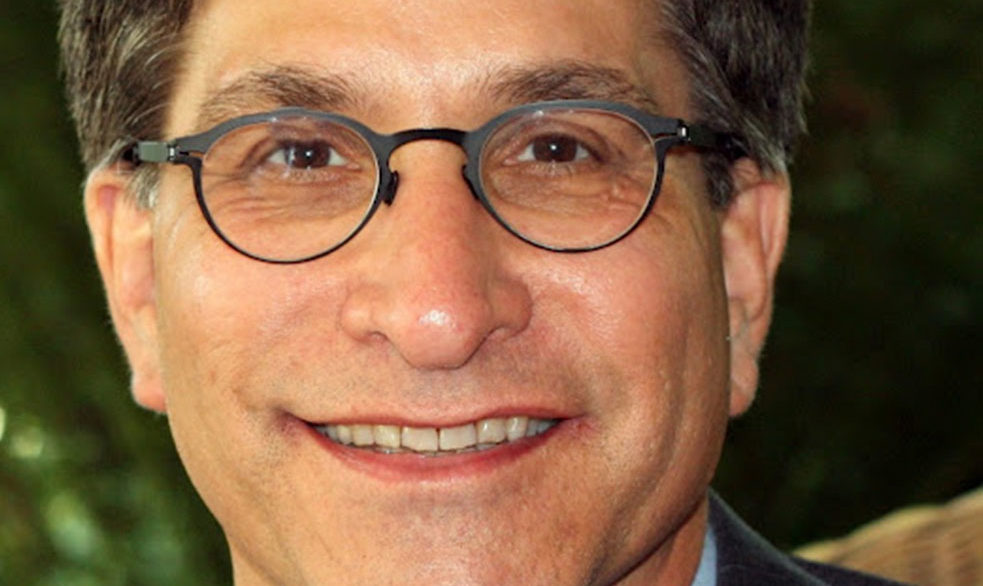Three women freed from about a decade of captivity in a Cleveland home have a new ordeal in front of them. It’s very likely they have PTSD.
Amanda Berry, now 27, Georgina DeJesus, 23, and Michelle Knight, 32, may also suffer from Stockholm syndrome, where they came to empathize with their captors,” Caroline Landis, Ph.D., clinical psychologist and professor of pediatrics at Rainbow Babies & Children’s Hospital in Cleveland, told Parenting Magazine. Their joint confinement might have also presented some potentially damaging psychodynamics along with the obvious morale boost.
They had each other for comfort and support,which may have been lifesaving for them. But on the flip side, “in situations like this where there are multiple hostages or prisoners, it is not unusual for one captive to be treated far worse or to have a psychological response that is more severe than the other prisoners,” David Sack, M.D., CEO of Promises Treatment Centers, told the magazine.
“The person whose treatment is less severe or who copes with it better often feels guilty that they did not/could not do more to help the more severely affected victim. This guilt can haunt them for a lifetime,” Sack said.
For those with PTSD, everyday activities can become difficult or impossible to perform, even activities that the individual once enjoyed. Sleeping, eating, and concentration are affected, and work and relationships can become seriously impaired. The good news is that most PTSD patients improve significantly.









